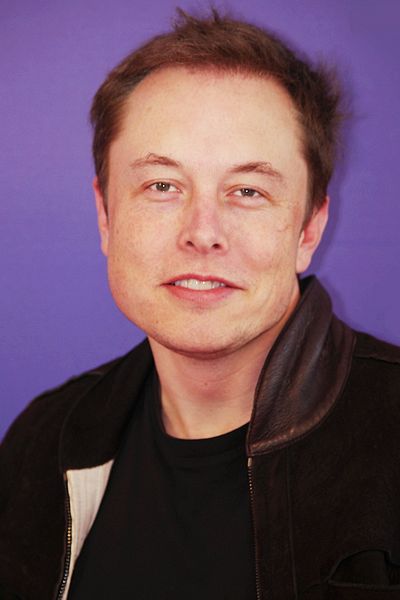Space is the final frontier, at least for Google anyway, who look set to make a pretty huge investment in Elon Musk's Space X company.
The reason behind their rather large investment is not necessarily that Google want to take off in to space and rule the world with an iron fist from the safety of our atmosphere (we're not ruling that out) but rather to do with internet access.
Speaking to Bloomberg, Musk stated that his project will bring faster internet to everyone around the world, including the poorest people in those regions where there is little or no online access.
"Hundreds of satellites would orbit about 750 miles above earth, much closer than traditional communications satellites in geosynchronous orbit at altitudes of up to 22,000 miles. The lower satellites would make for a speedier Internet service, with less distance for electromagnetic signals to travel. The lag in current satellite systems makes applications such as Skype, online gaming, and other cloud-based services tough to use."
This would bring internet to those rural areas where there is currently no connection, and it would be fast enough to rival fibre optic services that already exist. Besides, the more people with internet access there are, the more Google users there are. Similarly, Mark Zuckerberg has been working on a project that brings internet to remote areas with the same idea, and hopefully getting everyone in the world online eventually.
Musk has been busy these last few weeks, between announcing that he's going to build a hyperloop system (most likely in Texas) which promises to be a sort of futuristic monorail, investing $10 million in researching AI to make it safer and also running Space X, he's got a lot on his plate. Still he believes that Space X could one day even bring the internet to Mars, so this is a guy who is definitely living in the future, while the rest of us desperately try and figure out a way to stop our UPC box from switching to channel 100 every time we go to change station.
Via Mashable. Main pic via wikipedia.



















































































